Home>Interior Design>5 Feng Shui Mistakes To Avoid At Home: According To Experts
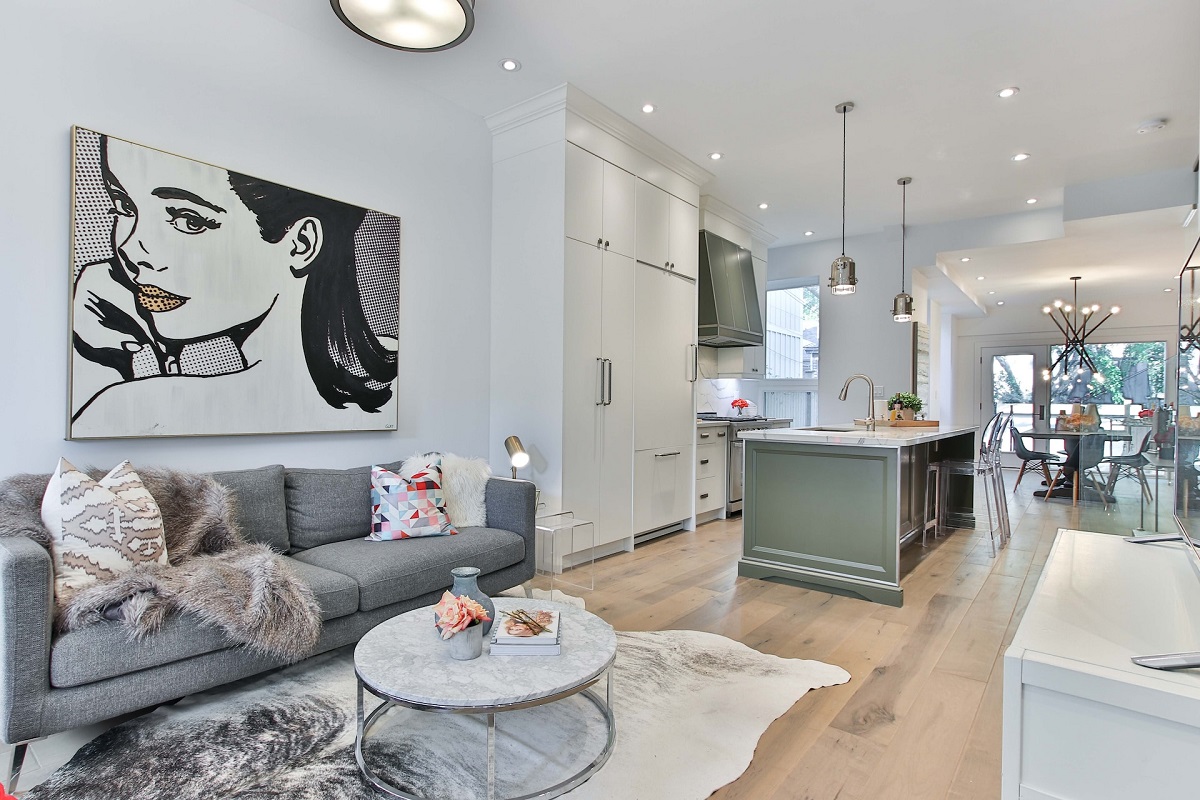

Interior Design
5 Feng Shui Mistakes To Avoid At Home: According To Experts
Modified: August 17, 2024
Avoid these 5 common Feng Shui mistakes when it comes to interior design at home. Get expert tips to create a harmonious and balanced space.
(Many of the links in this article redirect to a specific reviewed product. Your purchase of these products through affiliate links helps to generate commission for Storables.com, at no extra cost. Learn more)
Introduction
Welcome to the world of interior design! In this article, we will explore the fascinating realm of Feng Shui and discuss five common mistakes that homeowners often make when trying to create a harmonious and balanced living space. With expert advice from seasoned professionals, we will shed light on these pitfalls to help you transform your home into a haven of positive energy and wellbeing.
Derived from ancient Chinese philosophy, Feng Shui is the art of arranging spaces to promote positive energy flow and bring harmony to our surroundings. It is based on the belief that the arrangement and positioning of objects in our environment can impact our physical, emotional, and spiritual well-being. By understanding the principles of Feng Shui, you can create living spaces that not only look beautiful but also support and enhance various aspects of your life.
Now, let’s delve into the five crucial mistakes that can disrupt the flow of energy in your home, as identified by Feng Shui experts. By avoiding these missteps, you can create a space that nurtures your well-being and invites positive energy into your life.
Key Takeaways:
- Embrace Feng Shui principles to create a harmonious home by avoiding cluttered entryways, blocked energy flow in the bedroom, overuse of mirrors, misaligned furniture, and lack of natural light.
- Transform your living space into a sanctuary of positive energy and well-being by implementing expert Feng Shui advice to optimize energy flow, enhance relaxation, and promote balance in your home.
Mistake #1: Cluttered Entryway
Your entryway is the gateway to your home and sets the tone for the energy that flows throughout your space. Unfortunately, many homeowners make the mistake of allowing clutter to accumulate in this area, which can impede the smooth flow of energy and create a stagnant and chaotic atmosphere.
When your entryway is cluttered with shoes, bags, and other personal items, it can create a sense of overwhelm and disarray. This can negatively impact your mood and leave you feeling stressed as you enter and leave your home.
To remedy this, start by decluttering your entryway and creating a designated space for each item. Install hooks or a coat rack for coats and jackets, a shoe rack or mat for shoes, and a catch-all basket or tray for keys and small items. By keeping the entryway clear and organized, you create a welcoming space that encourages positive energy to flow freely.
In addition to decluttering, consider adding elements of beauty and vitality to your entryway. A fresh bouquet of flowers, a piece of artwork, or a decorative mirror can enhance the energy of the space and make it more inviting.
Remember, the entryway is the first impression of your home, so keeping it clean, organized, and aesthetically pleasing sets the stage for positive energy to flow throughout your living space.
Mistake #2: Blocked Energy Flow in the Bedroom
The bedroom is a sanctuary for rest, relaxation, and rejuvenation. It is essential to create a space that promotes positive energy flow and supports a good night’s sleep. However, one common mistake that homeowners make is blocking the natural flow of energy in the bedroom.
One significant aspect to consider is the placement of furniture. Avoid positioning your bed directly in line with the bedroom door or with a window directly behind it. This arrangement is believed to disrupt the natural flow of energy and can lead to disturbed sleep and increased stress levels. Instead, position your bed diagonally opposite the door, with a solid wall behind it for a sense of security and stability.
Another aspect to pay attention to is the presence of excessive electronics in the bedroom. The electromagnetic field emitted by these devices can disrupt sleep patterns and hinder the flow of positive energy. Opt for removing or minimizing electronics, such as TVs, computers, and smartphones, from the bedroom as much as possible.
Additionally, be mindful of the items you place under your bed. Avoid using it as a storage space for clutter or items that hold negative memories or energy. This can create a heavy and stagnant atmosphere in the room. Instead, keep the area under your bed clean and organized, allowing the energy to flow freely.
To enhance the flow of energy in your bedroom, consider incorporating calming colors, soft lighting, and natural materials. Use warm, earthy tones for the walls, and choose bedding and decor that evoke a sense of tranquility.
By creating an unobstructed flow of energy in your bedroom, you can promote better sleep, increase relaxation, and foster an overall sense of harmony and well-being.
Mistake #3: Overuse of Mirrors in the Living Room
Mirrors are a popular design element that can add depth, light, and style to any living space. However, when used excessively or improperly, mirrors can disrupt the energy flow in your living room.
One of the common mistakes homeowners make is placing mirrors directly facing each other. While this may seem like a simple way to create an illusion of more space, it can actually create a chaotic and restless energy in the room. The continuous reflection can cause energy to bounce back and forth, leading to feelings of unease and instability.
Instead of using multiple mirrors, opt for one or two strategically placed mirrors to enhance natural light and create a focal point. Position the mirror in a way that reflects a beautiful view or a piece of artwork, allowing the energy to flow harmoniously through the space.
It is also essential to consider what the mirror is reflecting. Avoid placing mirrors opposite cluttered or messy areas, as this can amplify the negative energy and create a sense of chaos. Instead, position the mirror to reflect a pleasant and uplifting view, such as a potted plant, a favorite piece of furniture, or a beautiful window.
Lastly, be mindful of the size and placement of mirrors in relation to the overall design of your living room. Oversized mirrors can dominate the space and overpower the other elements in the room, while small mirrors may have little impact. Find a balance that complements the size and layout of your living room, ensuring that the mirror blends seamlessly with the rest of the decor.
By using mirrors sparingly and thoughtfully in your living room, you can create a balanced and harmonious space that reflects positive energy and brings a sense of calm and serenity to your home.
Avoid placing sharp objects, such as knives or scissors, in plain sight in your home. In Feng Shui, sharp objects can create negative energy and disrupt the flow of chi.
Mistake #4: Misaligned Furniture in the Dining Area
The dining area is a place where friends and family gather to share meals, conversations, and create cherished memories. However, misaligned furniture in this space can disrupt the flow of energy and hinder the harmonious atmosphere you wish to create.
One common mistake is placing the dining table against a wall or in a corner. This arrangement can create a sense of constraint and limit the flow of energy around the table. Ideally, the dining table should be positioned in the center of the room to allow for equal access and circulation. If space is limited, consider placing a mirror on the wall adjacent to the table to create the illusion of more space.
Another mistake is overcrowding the dining area with excessive furniture or accessories. Cluttered and cramped spaces can hinder the free flow of energy and create a sense of constraint. Opt for minimalistic and functional furniture arrangements that allow for easy movement around the dining area.
In addition to the position of the table, consider the positioning of chairs. Avoid placing chairs directly in line with doorways or cramped against a wall, as it can create discomfort and hinder the energy flow. Allow ample space for individuals to enter and exit the dining area without obstacles.
Furthermore, pay attention to the lighting in the dining area. Soft, warm lighting can create an inviting and cozy atmosphere, while harsh or dim lighting can dampen the energy in the space. Consider using a combination of natural light, pendant lights, and table lamps to create a balanced and well-lit dining area.
By aligning your furniture properly and creating a spacious and inviting dining area, you can encourage a harmonious flow of energy and enhance the overall dining experience for you and your loved ones.
Mistake #5: Lack of Natural Light in the Home
Natural light is a fundamental element in creating a positive and uplifting atmosphere in your home. Unfortunately, many homeowners make the mistake of neglecting the importance of natural light, leading to a dim and gloomy living space that can negatively impact mood and energy levels.
A lack of natural light can make a room feel smaller, cramped, and devoid of vitality. It can also disrupt the balance of energy in your home. That’s why it is crucial to maximize the amount of natural light that enters your living space.
One common mistake is blocking windows with heavy drapes or furniture. While privacy is important, consider using lighter window treatments that allow natural light to filter through. If privacy is a concern, you can opt for sheer curtains or blinds that still allow light to enter while maintaining a level of seclusion.
Another mistake is neglecting the importance of reflective surfaces. Mirrors, glossy finishes, and light-colored walls can help bounce natural light around the room, making the space feel brighter and more expansive. Consider incorporating these elements strategically throughout your home to optimize the natural light that enters each room.
In addition to maximizing natural light, it is essential to complement it with proper artificial lighting. The right combination of ambient, task, and accent lighting can help create a well-lit space that feels inviting and energizing, even when natural light is limited.
If your home lacks an abundance of windows or access to natural light, consider alternative methods to bring in light. Skylights, light tubes, or light tunnels can provide a source of natural light, even in areas that are not directly adjacent to windows.
By addressing the lack of natural light in your home, you can create a brighter, more uplifting environment that promotes positivity, productivity, and overall well-being.
Conclusion
Creating a harmonious and balanced living space is an essential aspect of interior design. By taking into account the principles of Feng Shui, we can optimize the flow of energy and enhance the overall atmosphere of our homes. Throughout this article, we’ve explored five common mistakes that homeowners often make when it comes to interior design and Feng Shui.
From cluttered entryways to misaligned furniture, overuse of mirrors, and lack of natural light, these mistakes can disrupt the flow of energy and hinder the positive vibes in our living spaces. However, by understanding and avoiding these pitfalls, we can transform our homes into havens of positive energy, well-being, and tranquility.
Remember, creating a harmonious living space is not just about aesthetics; it’s about nurturing and supporting our physical, emotional, and spiritual well-being. By implementing the advice of Feng Shui experts and paying attention to the positioning of furniture, the flow of energy, and the use of natural light, we can create spaces that promote relaxation, positivity, and overall balance in our lives.
So, whether you’re revamping your entryway, rearranging your bedroom, or reevaluating your living room decor, keep these five mistakes in mind. Embrace the principles of Feng Shui and let them guide you towards creating a space that not only looks beautiful but also uplifts and nourishes your mind, body, and soul.
By incorporating these changes, you can transform your home into a sanctuary that supports your well-being and brings you joy and contentment every time you step inside. Cheers to a harmonious and balanced living space!
Frequently Asked Questions about 5 Feng Shui Mistakes To Avoid At Home: According To Experts
Was this page helpful?
At Storables.com, we guarantee accurate and reliable information. Our content, validated by Expert Board Contributors, is crafted following stringent Editorial Policies. We're committed to providing you with well-researched, expert-backed insights for all your informational needs.
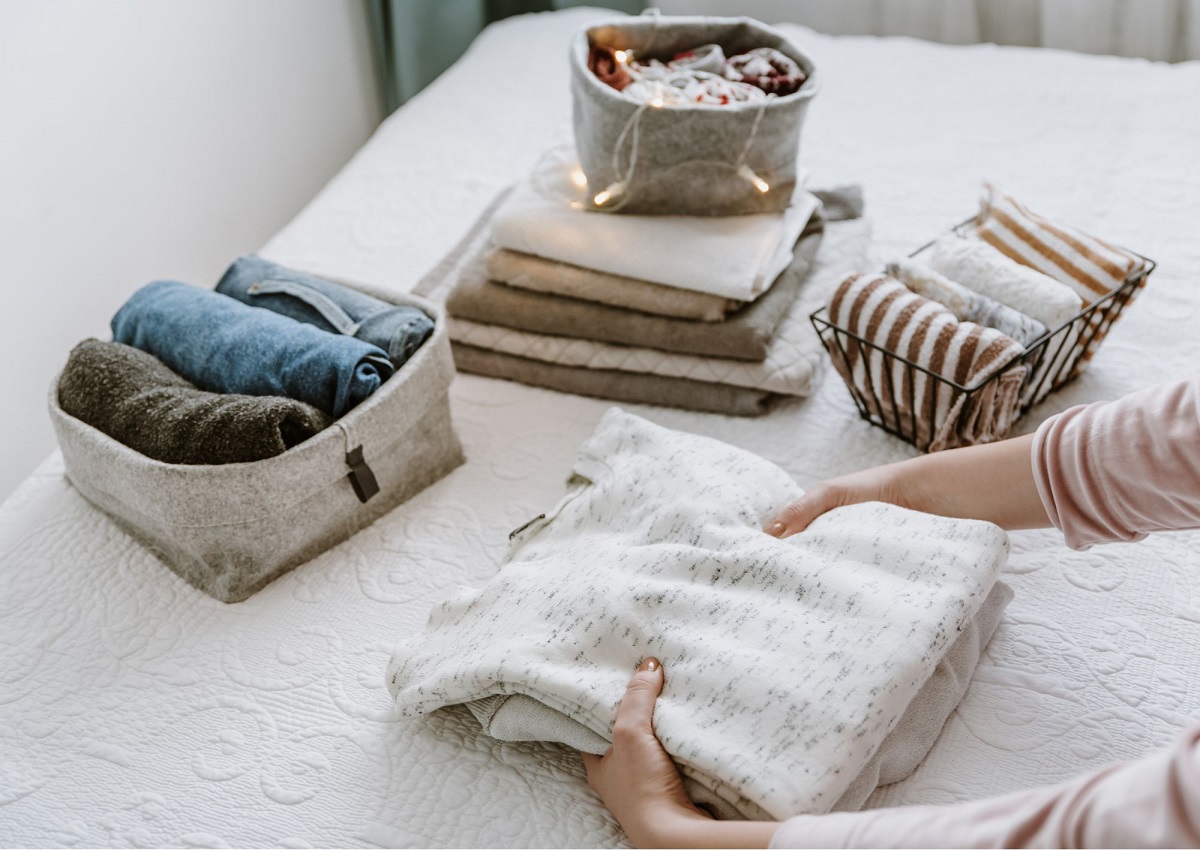
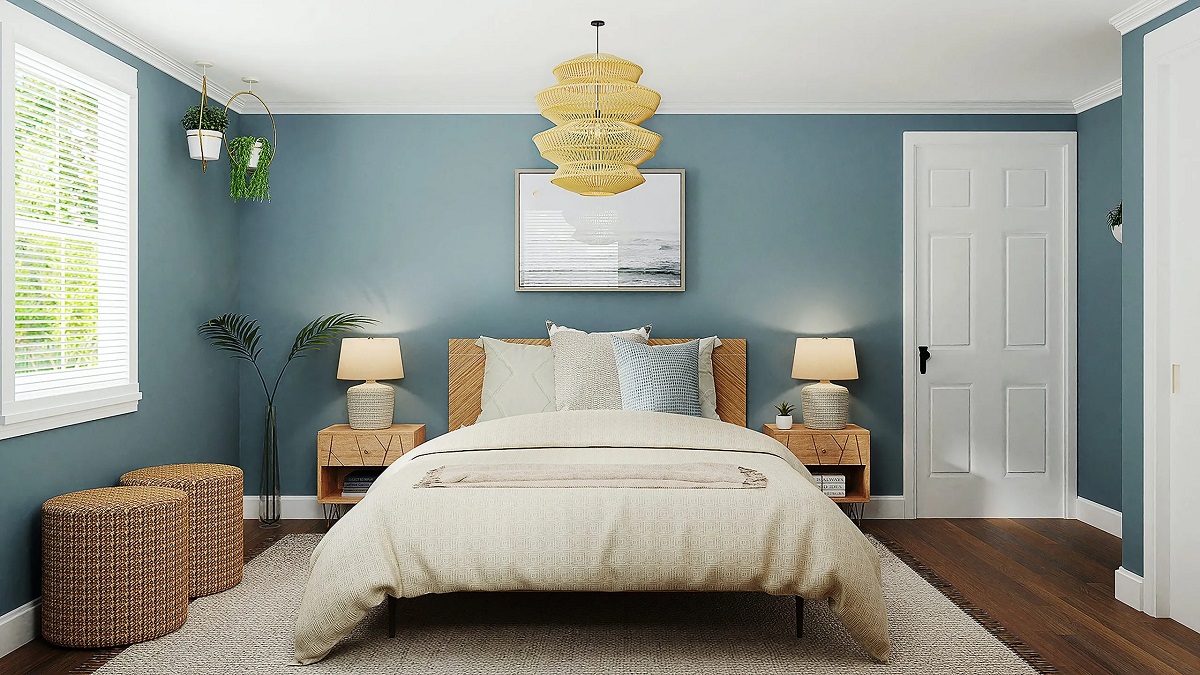
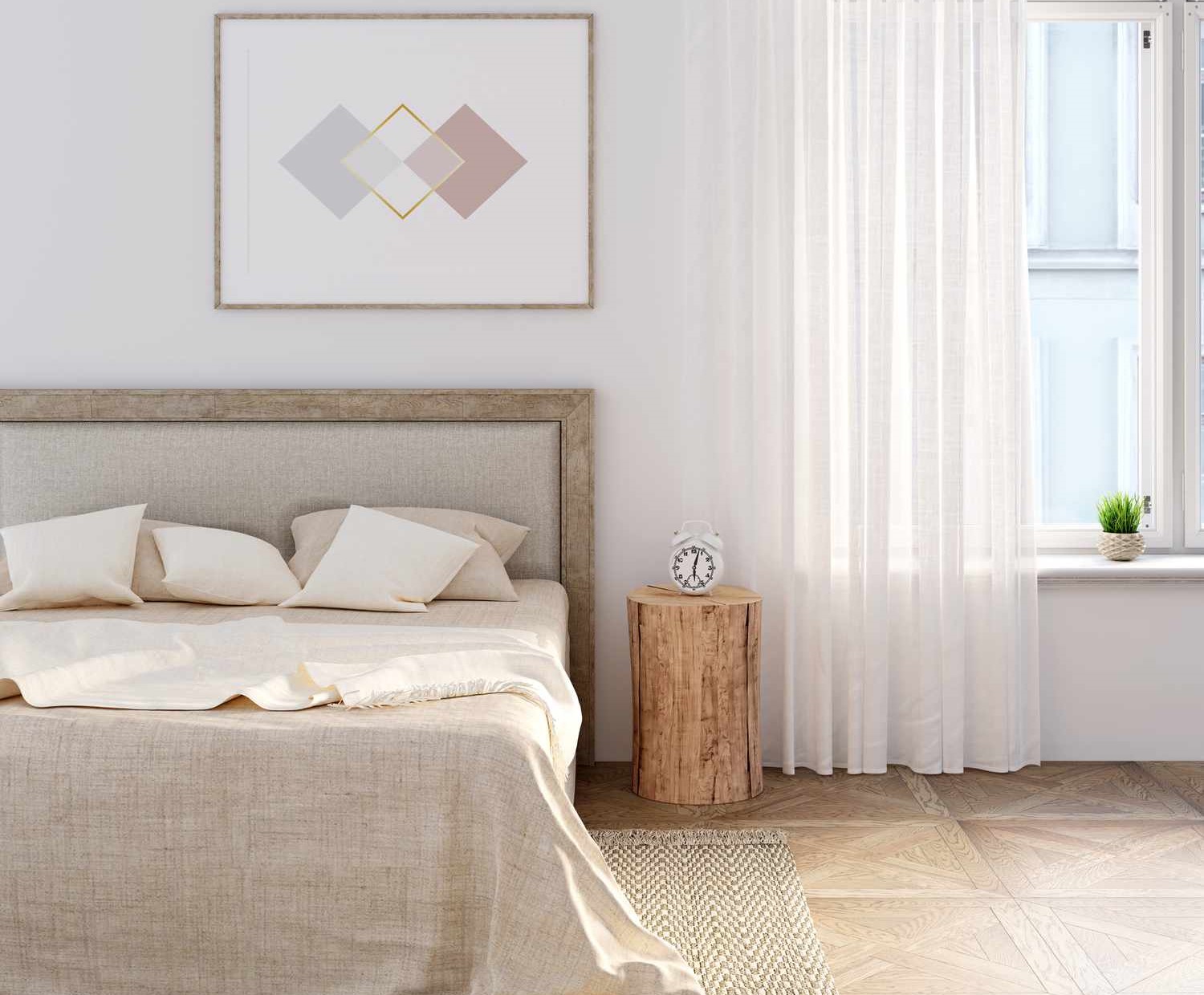
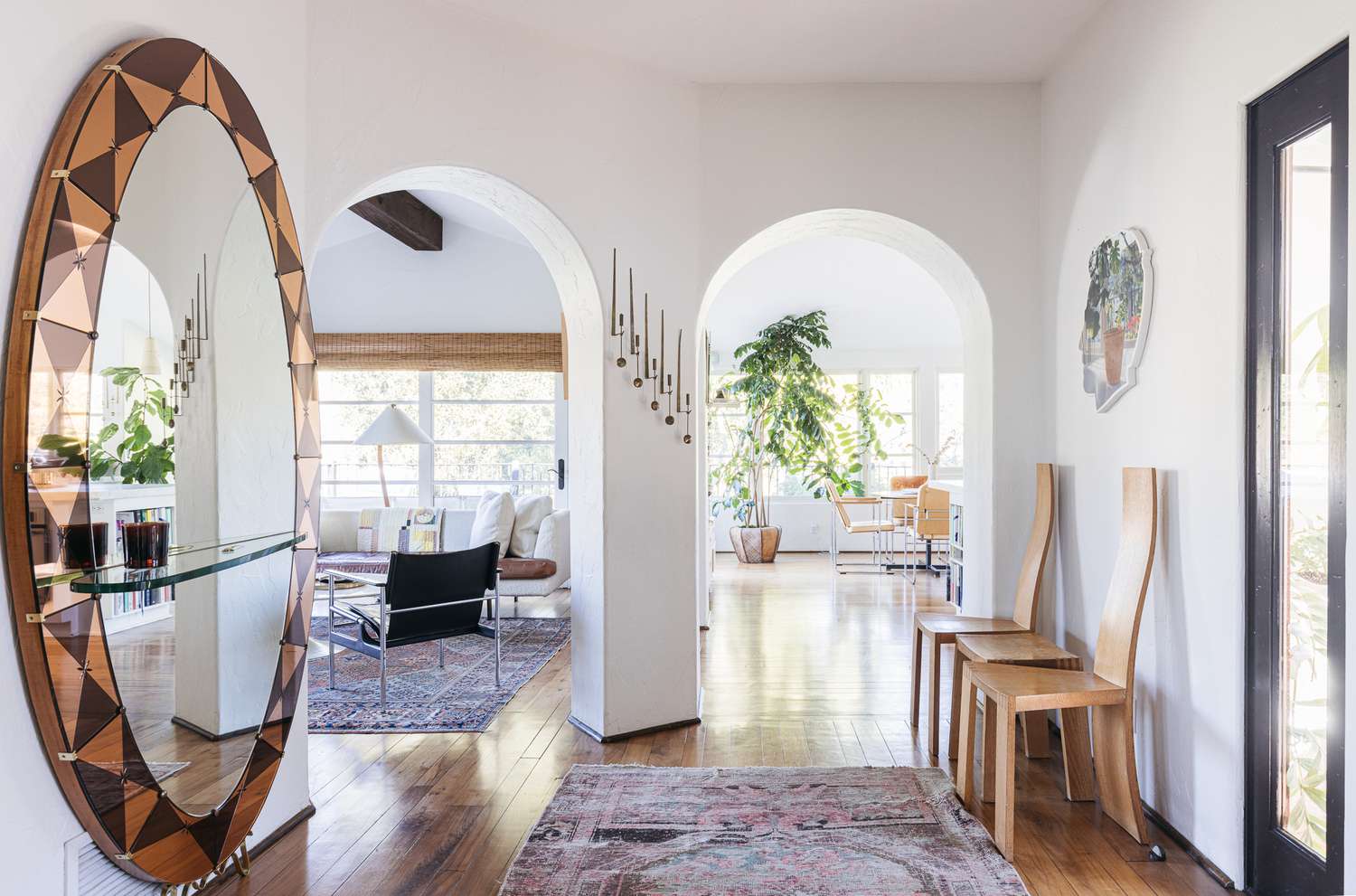
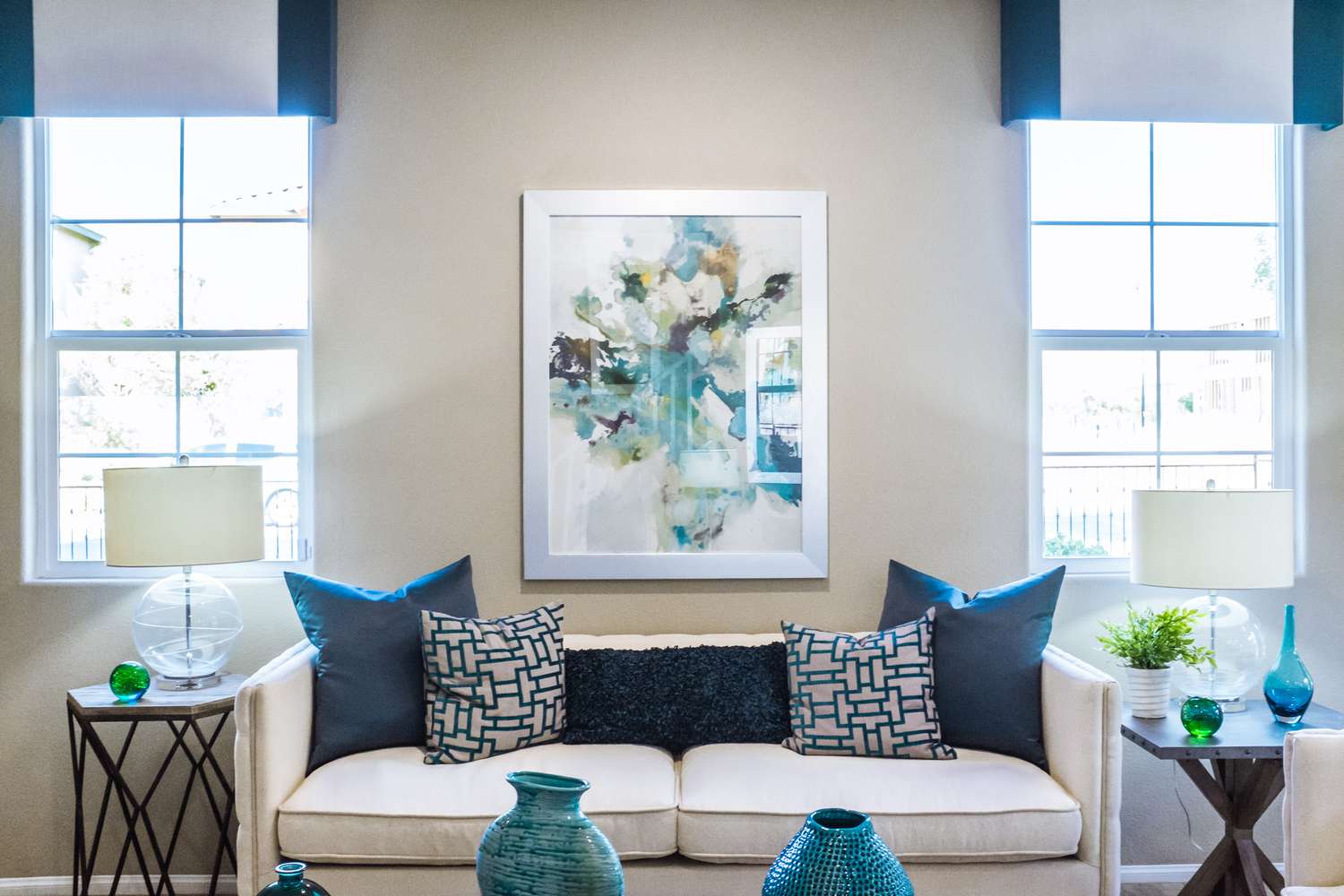
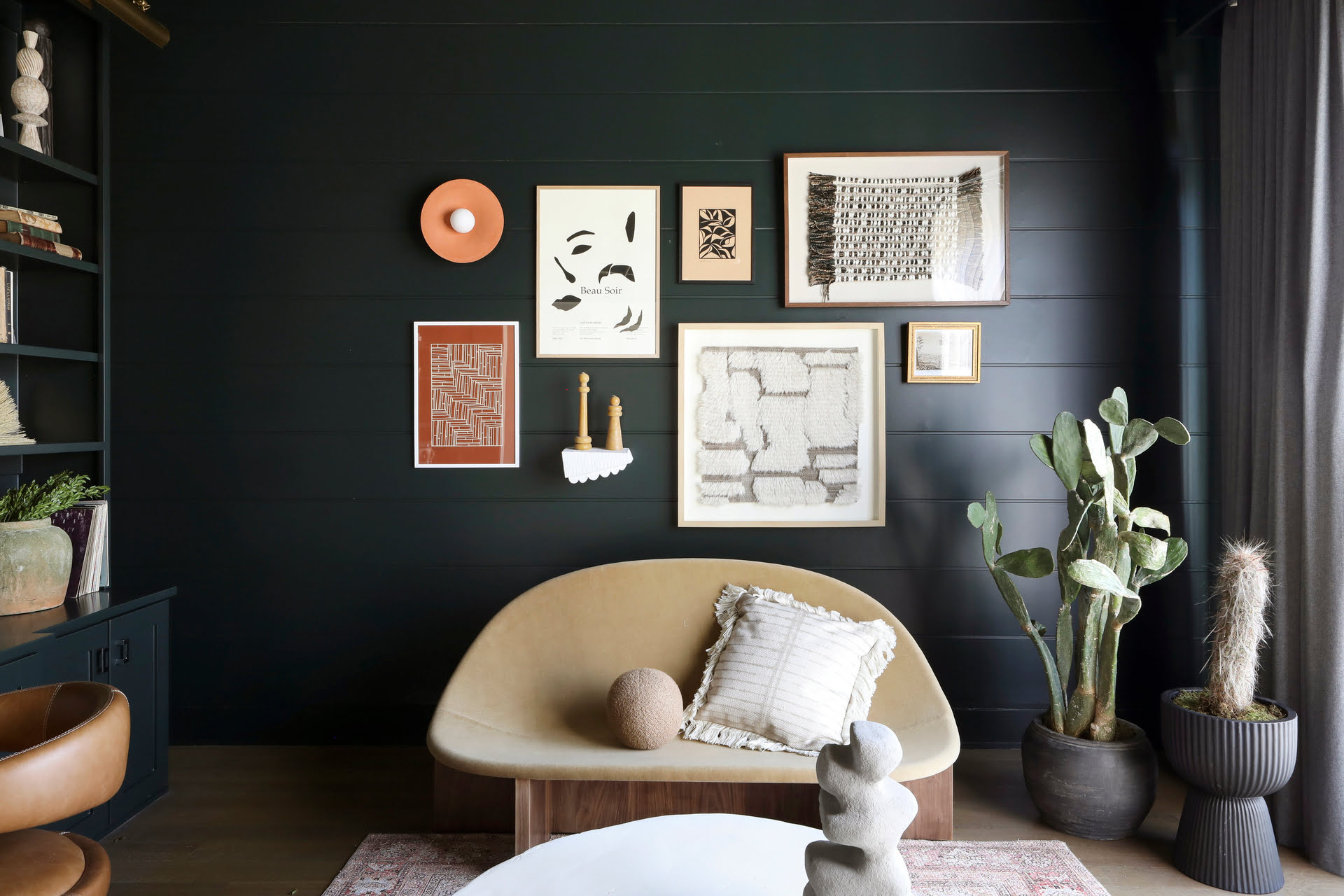
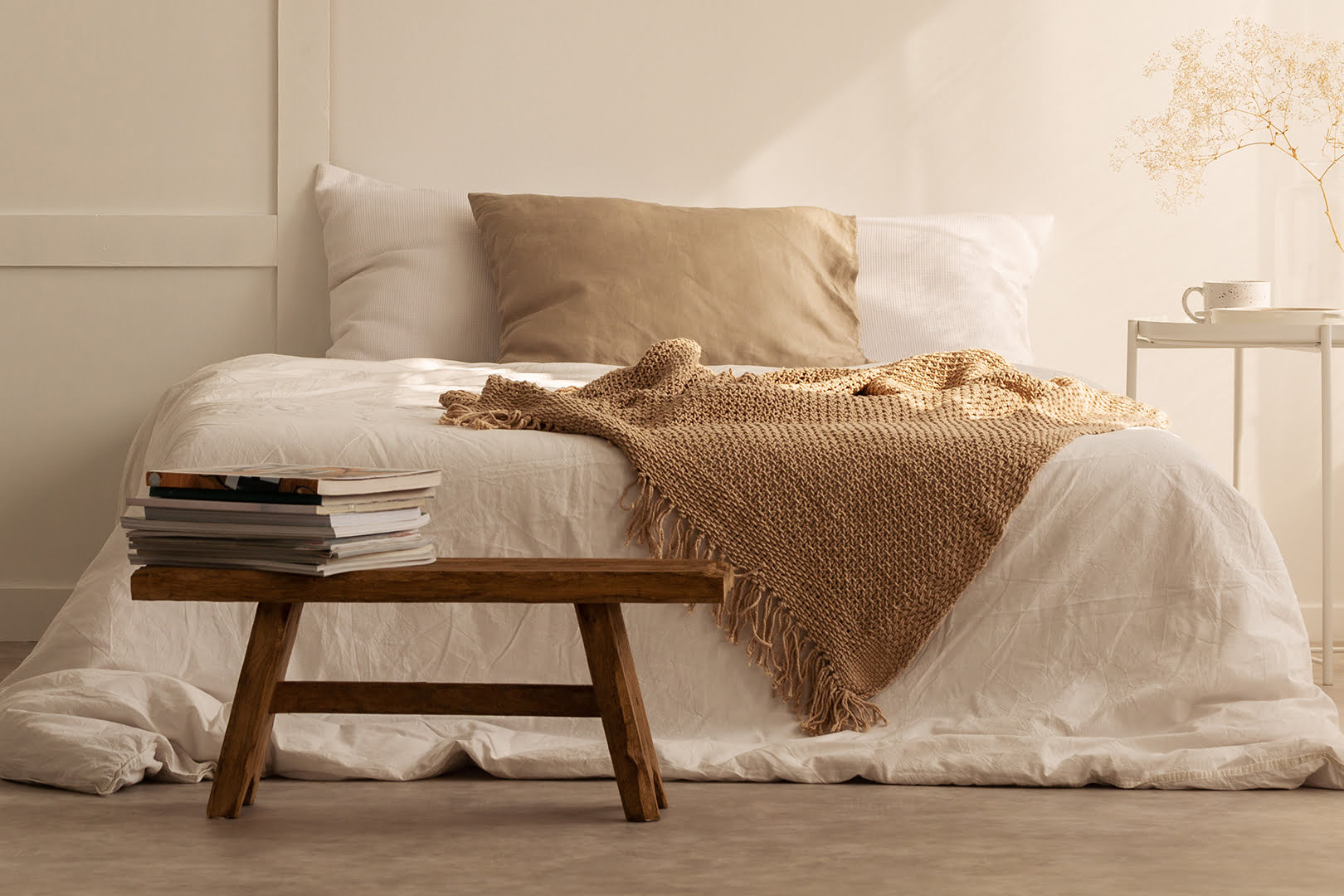
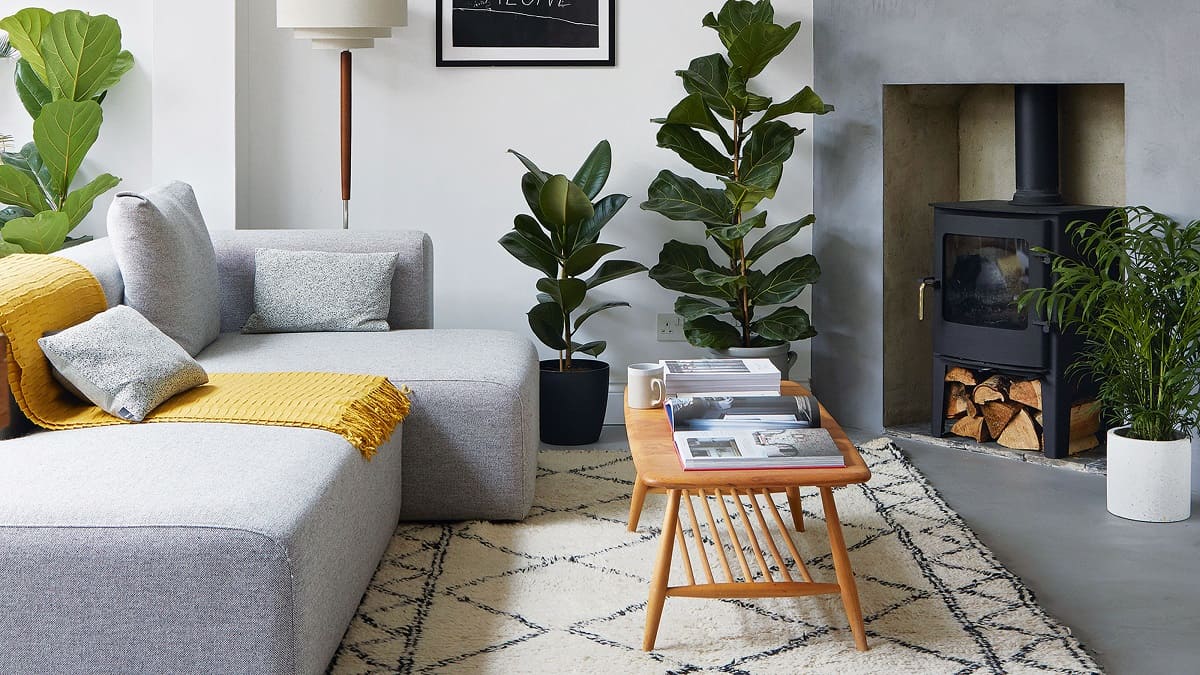
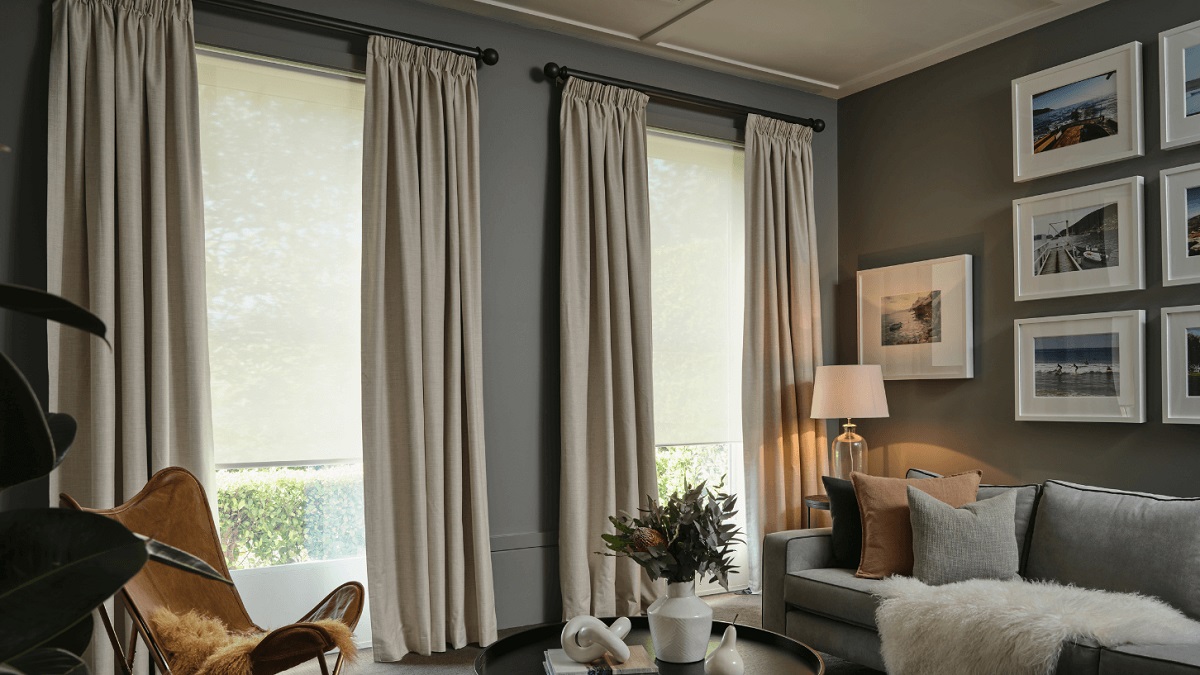

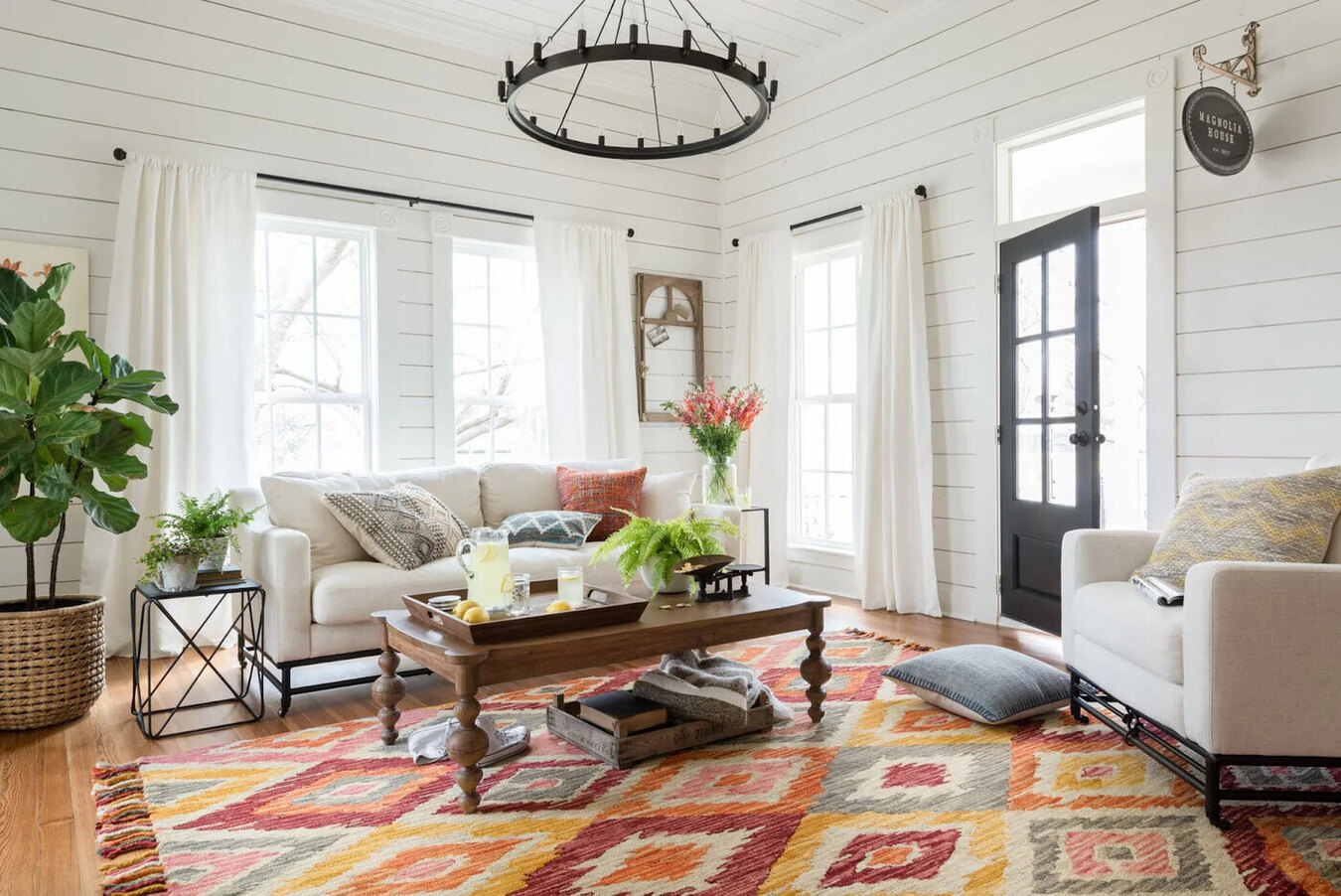

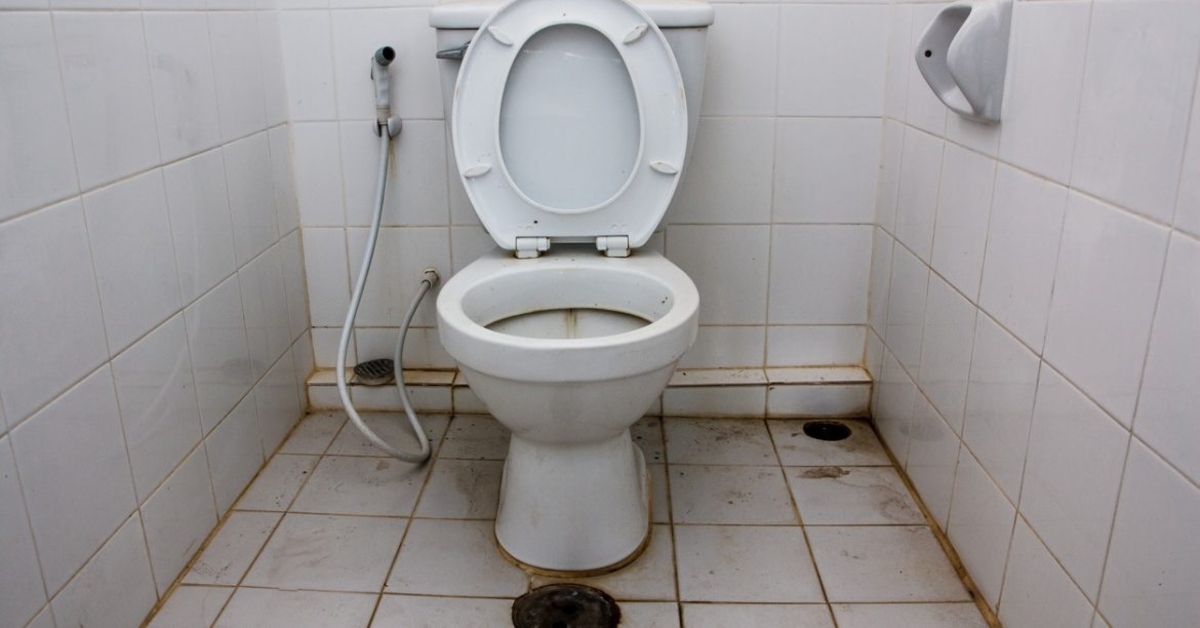
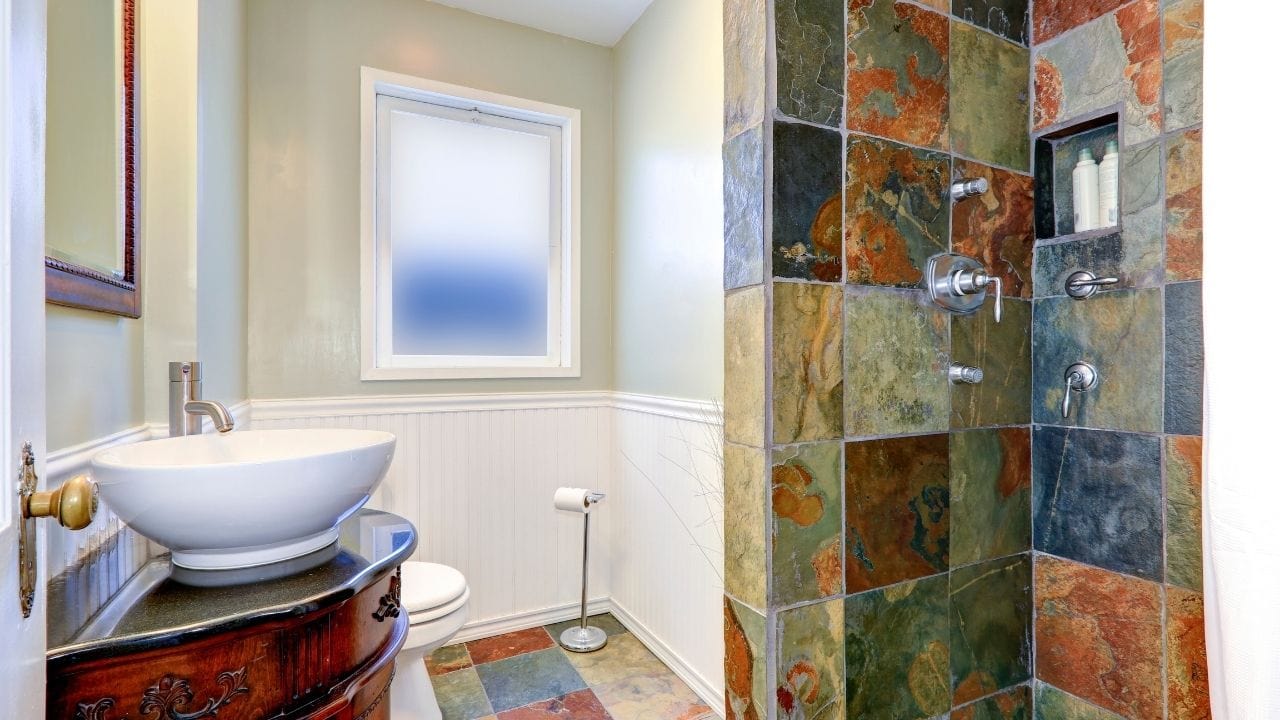

0 thoughts on “5 Feng Shui Mistakes To Avoid At Home: According To Experts”